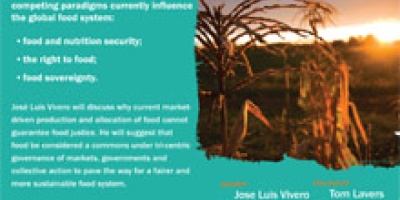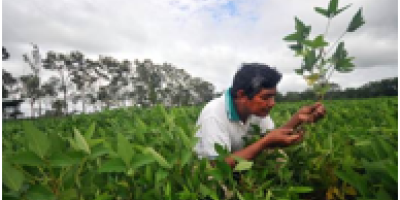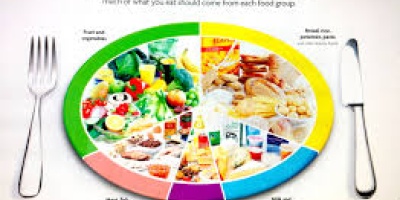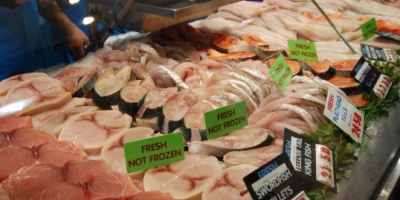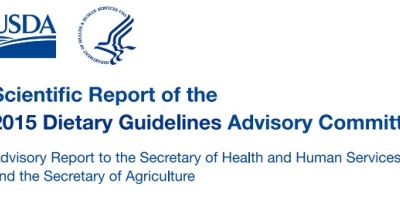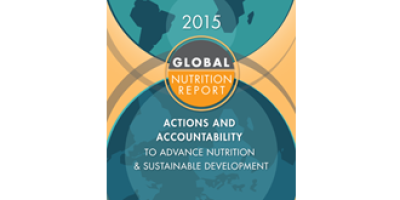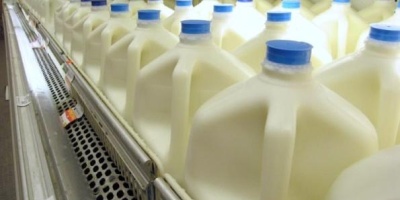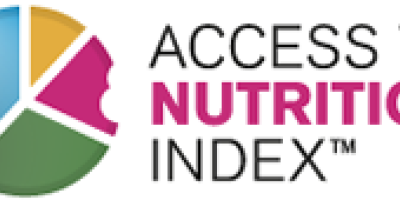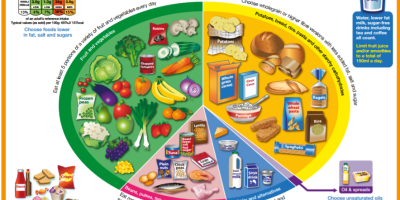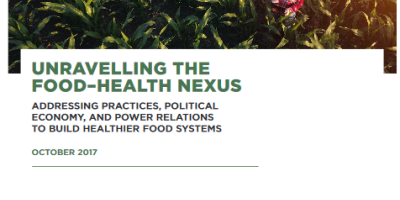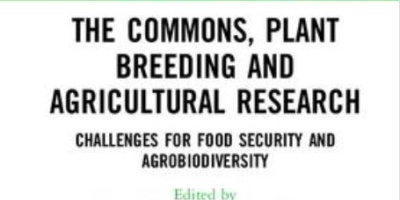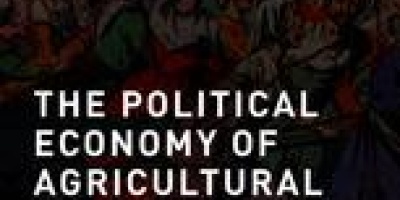Policy on food incorporates a wide range of direct legislation on, for example, food safety regulation, farming methods, chemical use, production techniques and packaging. Governance of the food system takes place at multiple levels from the international (e.g. international trade agreements) through to the local (e.g. local authority planning policies influencing the siting of food businesses). Governance can encompass both 'hard' and ‘soft’ measures. The former commonly refers to legislation involving mandatory standards, caps, or bans, and economic instruments such as taxes and subsidies. 'Softer' approaches are usually taken to include voluntary standards, encouragement of voluntary industry action, and public education campaigns. In addition to the state, non-state actors including corporations and nongovernmental organisations also make policies that influence the future direction of the food system. To achieve progress towards a more sustainable food system it is essential to have effective and joined up governance of the food system at multiple levels, and across geographic borders and sectors.


